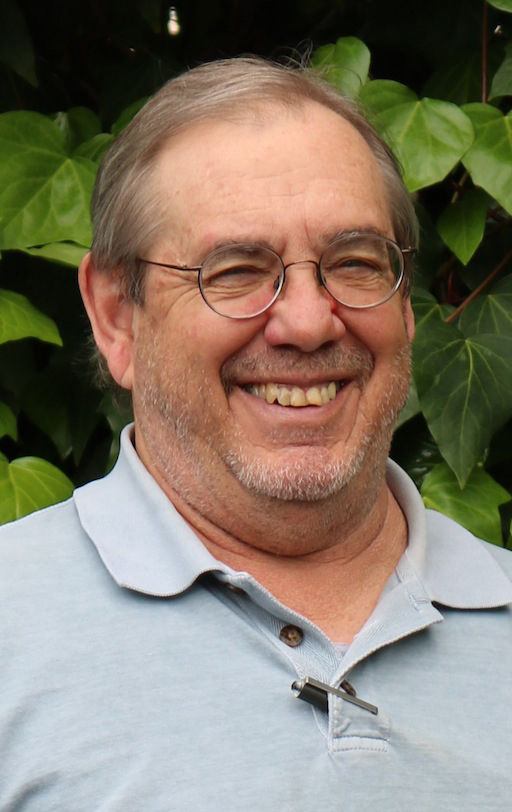Last week 99 U.S. senators took an oath to “do impartial justice according to the Constitution and laws.” (Oklahoma Sen. Jim Inhofe was absent due to a family medical emergency but will be sworn in on another day).
It looked like a very solemn and heavy, historical moment. But we already know that several of these senators have previously vowed not to be impartial or even open to listening to the evidence now being brought forward in the impeachment trial of President Donald J. Trump.
So, when is an oath not an oath? How do oaths become binding as in swearing to tell “the truth, the whole truth and nothing but the truth?”
We all take oaths and we make promises. We pledge allegiance to the flag and to “liberty and justice for all.” We take wedding vows of loyalty and fidelity. We promise to obey the law and drive on the correct side of the road and not steal things. We can’t serve in jury trials without taking an oath to be impartial.
Breaking some oaths can lead to legal troubles as when perjury — telling a lie — is committed. For instance, some of President Trump’s associates are now serving prison time for lying to the FBI after swearing to tell the truth.
We all make lots of promises during our lives and some of us take formal oaths if we get elected to public office, become a police officer, a teacher, a physician or a public servant. All these oaths are just spoken words or signatures on paper. What really makes any of our oaths enforceable or binding?
Do you have to be religious to make a binding oath? Most oaths are taken while placing a hand on a bible but the U.S. Constitution says, “no religious test shall ever be required as a qualification to any office or public trust under the United States.”
Most wedding vows include the phrase “ for better, for worse, for richer, for poorer, in sickness and in health, to love and to cherish, till death do us part.” But not all vows include, “so help me God.”
So how does this oath-taking really work? Do we need to make a pledge to some higher power or can we just be our own judge of good conscience? How will we know if all of the U.S. senators keep their oath to be “impartial?” Ultimately, only they will know. It’s not like we can catch them cheating on their spouses.
The Dalai Lama, the spiritual leader of the Buddhist culture, says oaths and keeping true to all truths does not require religion or a spiritual belief. “I believe that humans can get by without religion, but not without inner values, not without ethics,” he writes in his newest book, “An Appeal to the World.”
He reminds us that all humans are born without religion but not without the basic need for compassion. He believes the foundation of all oaths comes from humans sharing the same ethics of caring for others and not being dishonest, violent or angry.
Whatever advice or reminder the Dalai Lama might give to the U.S. senators now bearing witness in the historic impeachment trial of Donald J. Trump is unknown. But he does write about his disagreement with President Trump’s favoritism of nationalism and his treatment of refugees and immigrants. The Dalai Lama doesn’t mention impeachment. We think he would offer positive prayers for the president’s decision-making and better sense of compassion.
If we all learned the Dalai Lama’s lesson that “humanity is all one big family,” we wouldn’t need to take any oaths. We don’t take formal oaths to be good parents or good neighbors. We can respect each other’s civil rights and liberties without memorizing the Bill of Rights. We can be honest and truthful without a pledge on the Bible. In watching the impeachment trial, we will learn if we live in a nation that keeps its promises or in one where pledges no longer matter. How sad would that be?
— Rollie Atkinson








